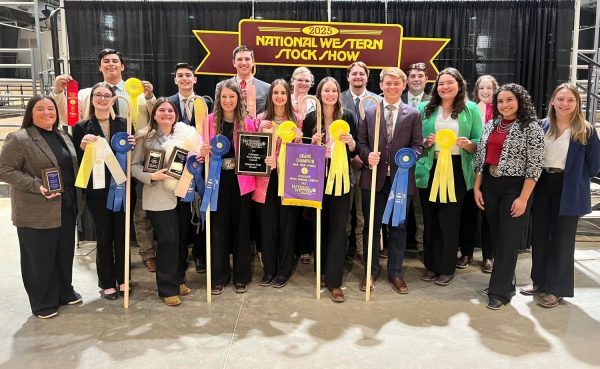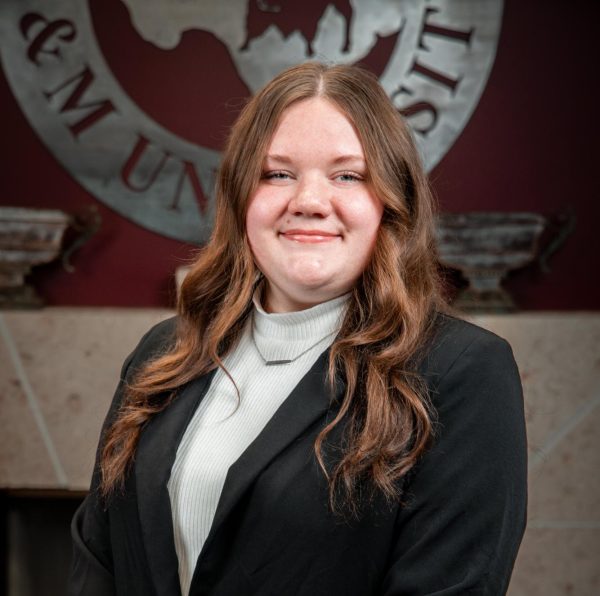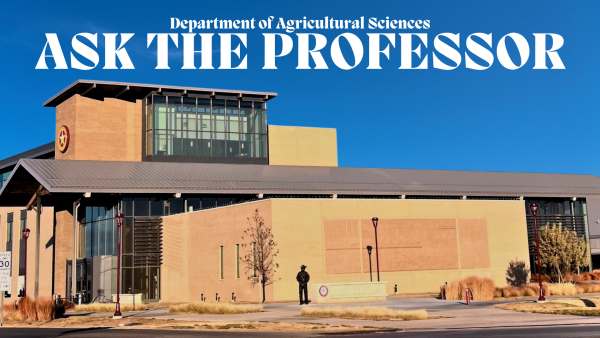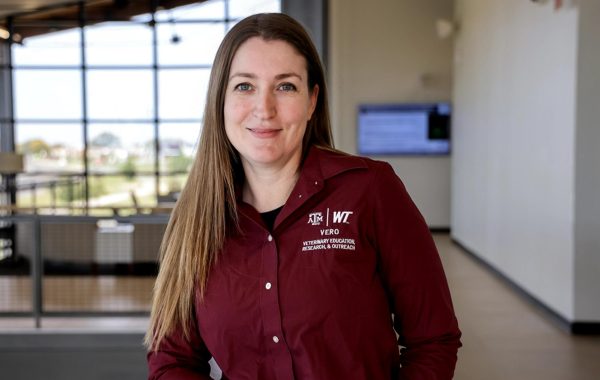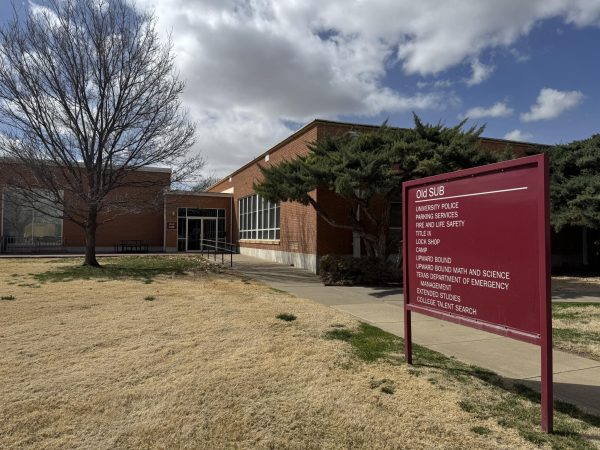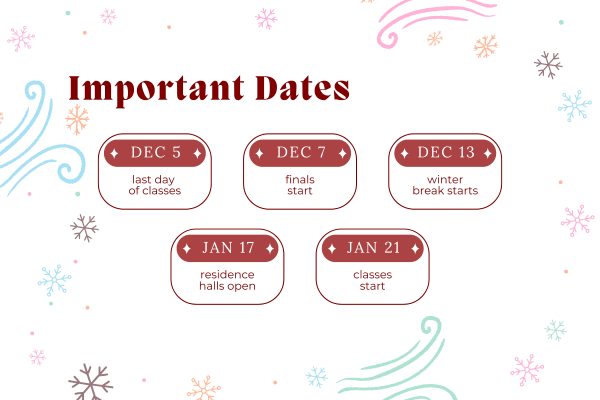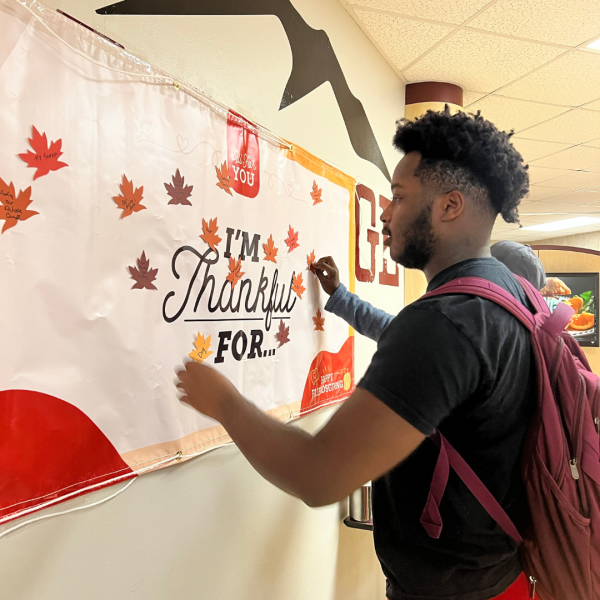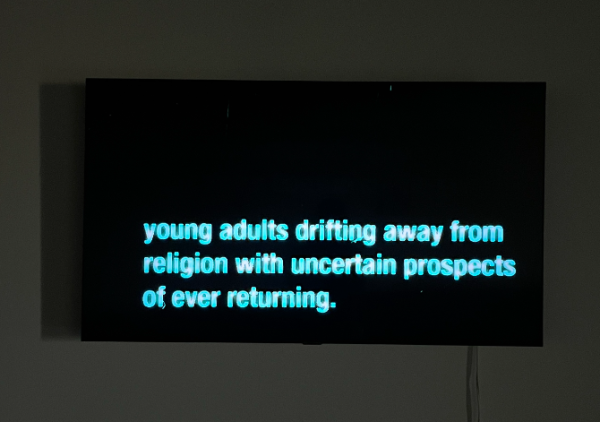Looking into the solutions to climate change with Dr. Daniel Cohan
Climate change discussions tend to be hostile, but Dr. Daniel Cohan, associate professor of environmental engineering at Rice University, looks into how we can help the environment heal.
“A big part of my message, and in my talk at West Texas A&M ‘University’ was about the leverage we have,” Dr. Cohan said. “In so many facets, part of it is voting and advocacy and pushing for policies in a certain direction. Part of it is the choices we make in what we buy and what we do.”
There are many opportunities to enter fields where changes can be made to benefit the environment. These include stepping into industries such as energy, oil and gas companies, and government.
“There’s been unprecedented growth in clean energy opportunities, environmental oriented opportunities in climate, some of it coming from traditional oil and gas companies,” Cohan said. “Some of it coming from new start-ups, some of it coming from companies in all arenas that are prioritizing what’s sometimes called ESG, environmental, social and governance.”
ESG is a type of investing used by companies to provide ethical supply chains alongside policies that cater to building a healthier environment. Oil and gas companies are also working to reduce greenhouse-gas emissions, gasses that trap heat in the atmosphere. Oil and gas companies are doing this through decarbonization.
“Most importantly, we need to get away from fossil fuels,” Cohan said. “Most of the move to clean energy is going to be alternatives to fossil fuels. There’s a debate about what is clean. We need to think about how we are affecting air pollution and water pollution. I think we all need to be working on making sure that clean energy is really clean.”
Although climate change is real, we do not need to be overly afraid about our futures. Instead of the doom and gloom, we should look into what we can do.
“It’s not an existential threat,” Cohan said. “We can’t completely stop global warming, the world will warm. But I am very hopeful that there are solutions that can slow down the pace of warming. The measures we take to address climate change will make life better, ‘and’ will lead to a future that is brighter than what we’ve had.”
For more resources on how you can help fight climate change, Cohan wrote a book. “Confronting Climate Gridlock: How Diplomacy, Technology, and Policy Can Unlock a Clean Energy Future” provides insight into the relationship between fighting climate change and policymaking. The book is available on Amazon, Yale University Press, Barnes and Noble and Audible.



